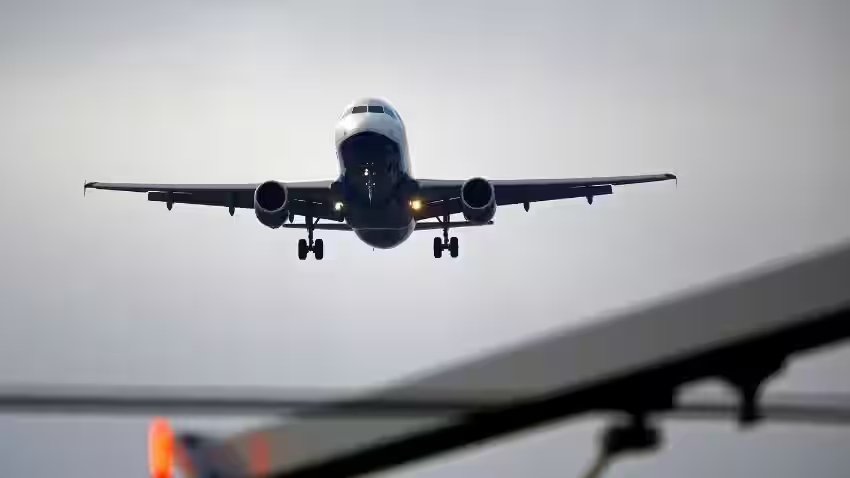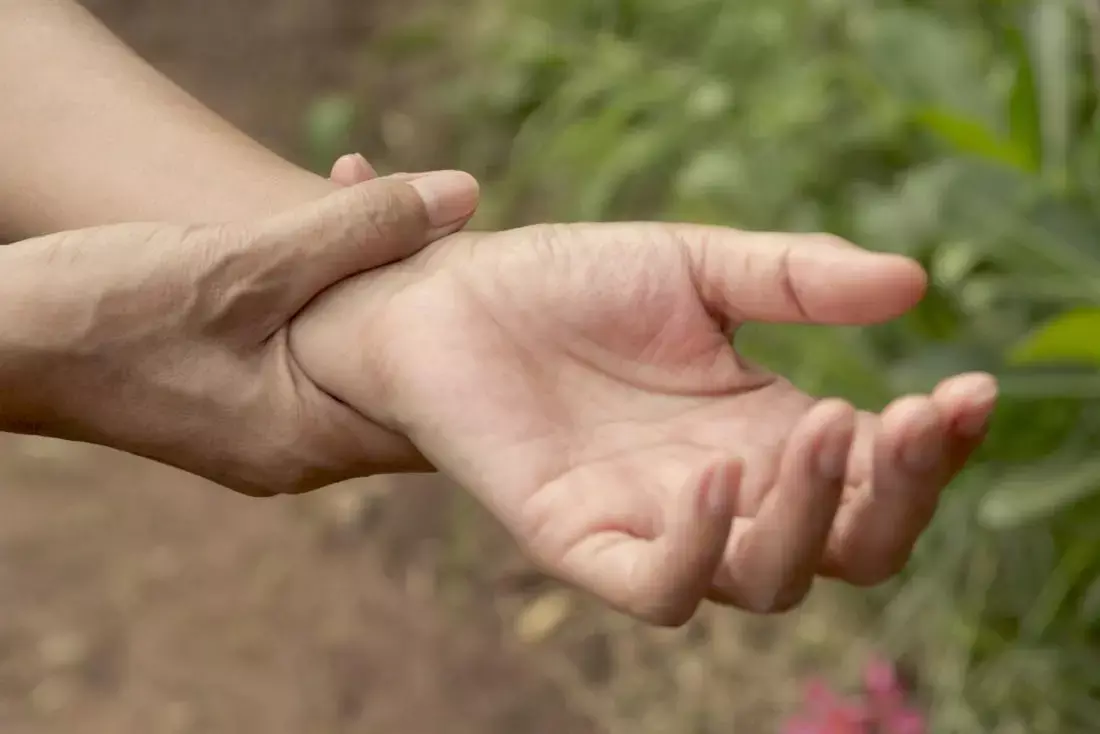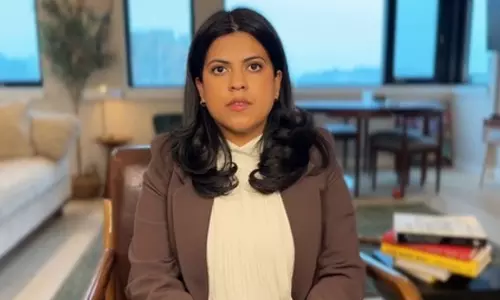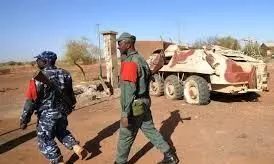
Over 110 civilians abducted by suspected extremists in Mali
text_fieldsSuspected jihadists in central Mali are reportedly holding over 110 civilians who were abducted six days ago, according to local sources.
The incident occurred on April 16 when three buses carrying civilians were intercepted by the jihadists. These armed individuals then directed the vehicles and passengers towards a forest situated between Bandiagara and Bankass. A local group of associations and an elected official provided details on the incident, reported AFP.
"We demand the release of more than 110 passengers of three buses kidnapped on Tuesday by jihadists," stated Oumar Ongoiba, a member of the local group, speaking to AFP. An anonymous elected official from Bandiagara confirmed the situation, saying, "The three buses and the passengers, more than 120, are still being held by jihadists."
In response to the ongoing violence and insecurity, associations from Bandiagara issued a statement last Friday condemning the "persistence of terrorist attacks," the increasing numbers of displaced people in towns, and the perceived inaction by the armed forces.
Previous protests against insecurity in the town of Bandiagara in August resulted in violence following jihadist attacks, leading to several injuries.
Mali has been grappling with violence since 2012, attributed to various factions associated with Al-Qaeda and the Islamic State group, as well as self-declared self-defence forces and bandits. This violence has also affected neighbouring countries like Burkina Faso and Niger, leading to military regimes taking control in all three nations.
Since the ousting of Malian President Ibrahim Boubacar Keita in August 2020, the ruling junta has shifted its alliance away from France towards closer military and political ties with Russia. Mali, Burkina Faso, and Niger established their Sahel alliance in November and collectively decided to exit the regional bloc ECOWAS.
Complicating matters further, Mali's security crisis is exacerbated by humanitarian and political challenges. The junta has faced criticism both domestically and internationally for failing to hold a presidential election in February as promised and not relinquishing power.
Prime Minister Choguel Kokalla Maiga recently stated that elections would only be organized once the security situation stabilizes.
Security sources and human rights reports indicate that violence escalated in central Mali during the last quarter of 2023 alongside increased military operations. Despite these operations, armed groups continue to carry out attacks in the central and southern regions, approaching the outskirts of the capital, Bamako.
In March, the Malian army reported repelling three "terrorist" assaults on a customs post around 100 kilometres from Bamako and two army camps in the south. Independent verification of claims from these remote areas is often challenging, with the Malian army seldom reporting operations other than to claim victories.
The regime has significantly curtailed opposition voices, journalists, and human rights defenders, resulting in many being imprisoned or forced into exile.
On March 31, several political parties and civil society groups issued a rare statement urging elections "as soon as possible," highlighting that the country was in a "legal and institutional vacuum." Subsequently, all political activities were suspended, awaiting the outcomes of a national dialogue initiated by junta leader Colonel Assimi Goita in December. Additionally, media coverage of political parties was banned in Mali.






















